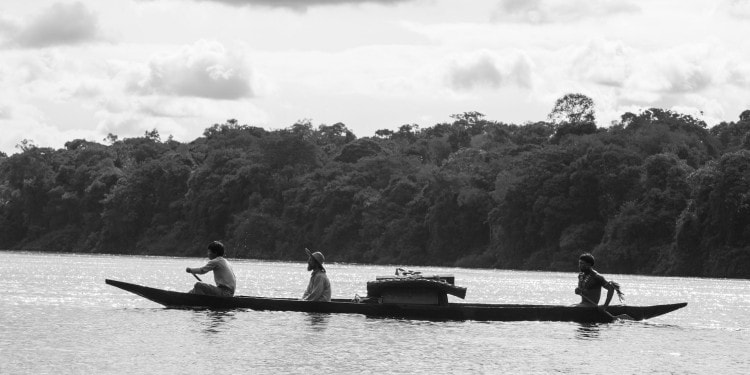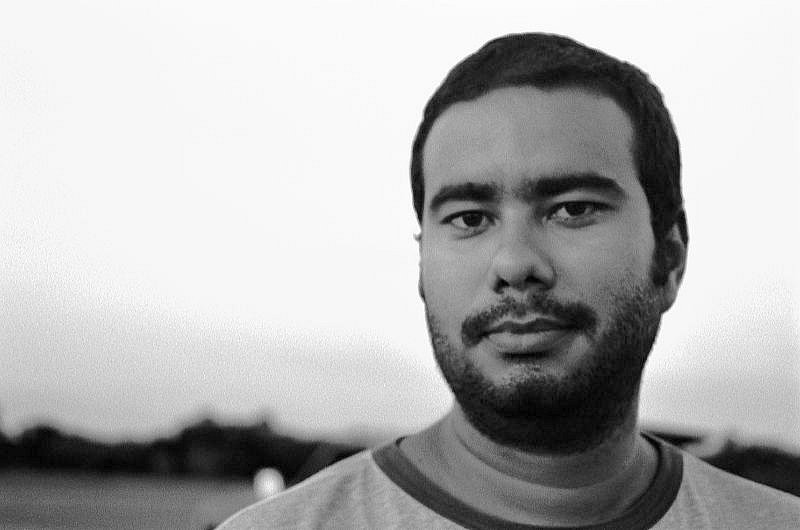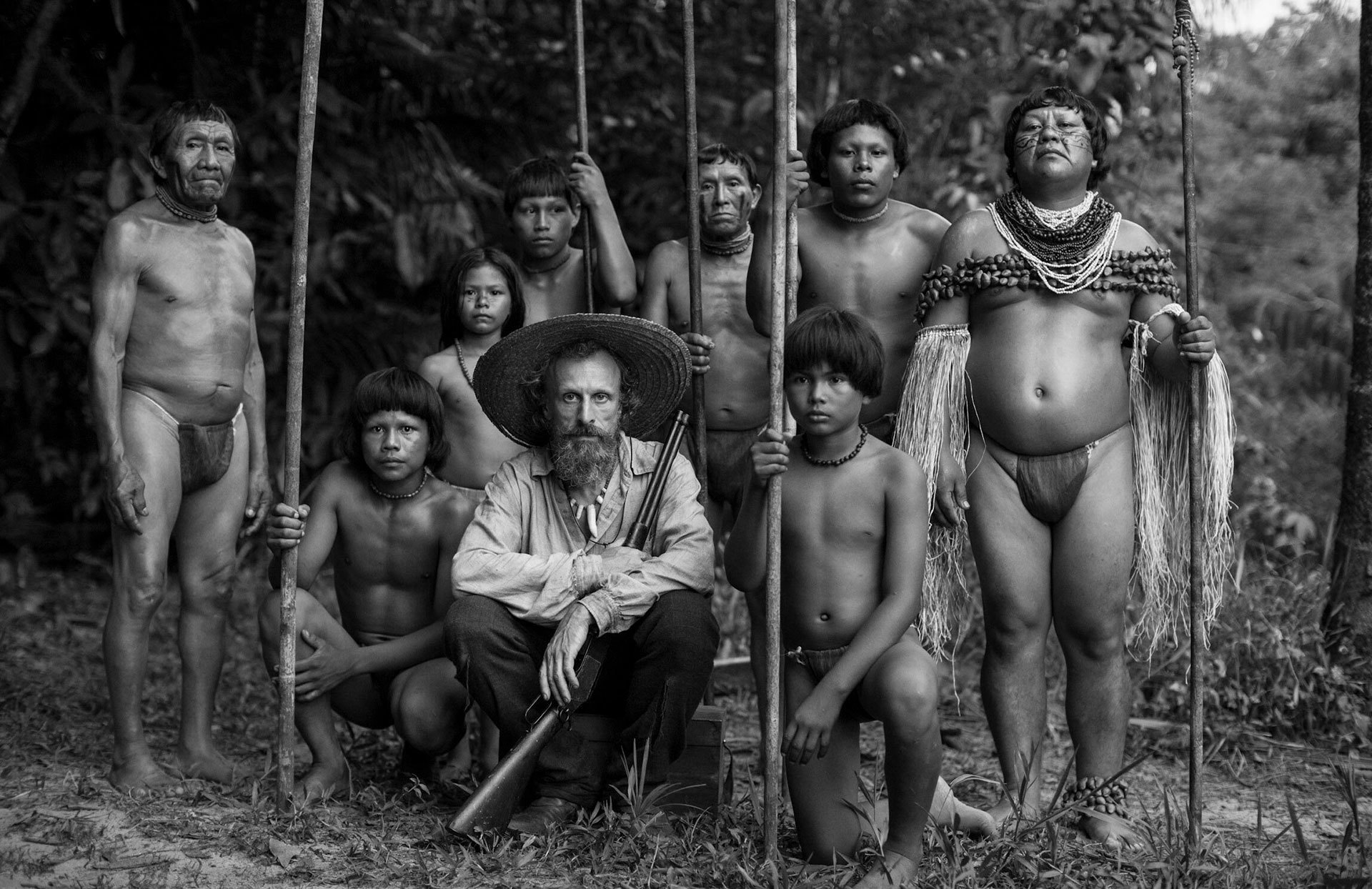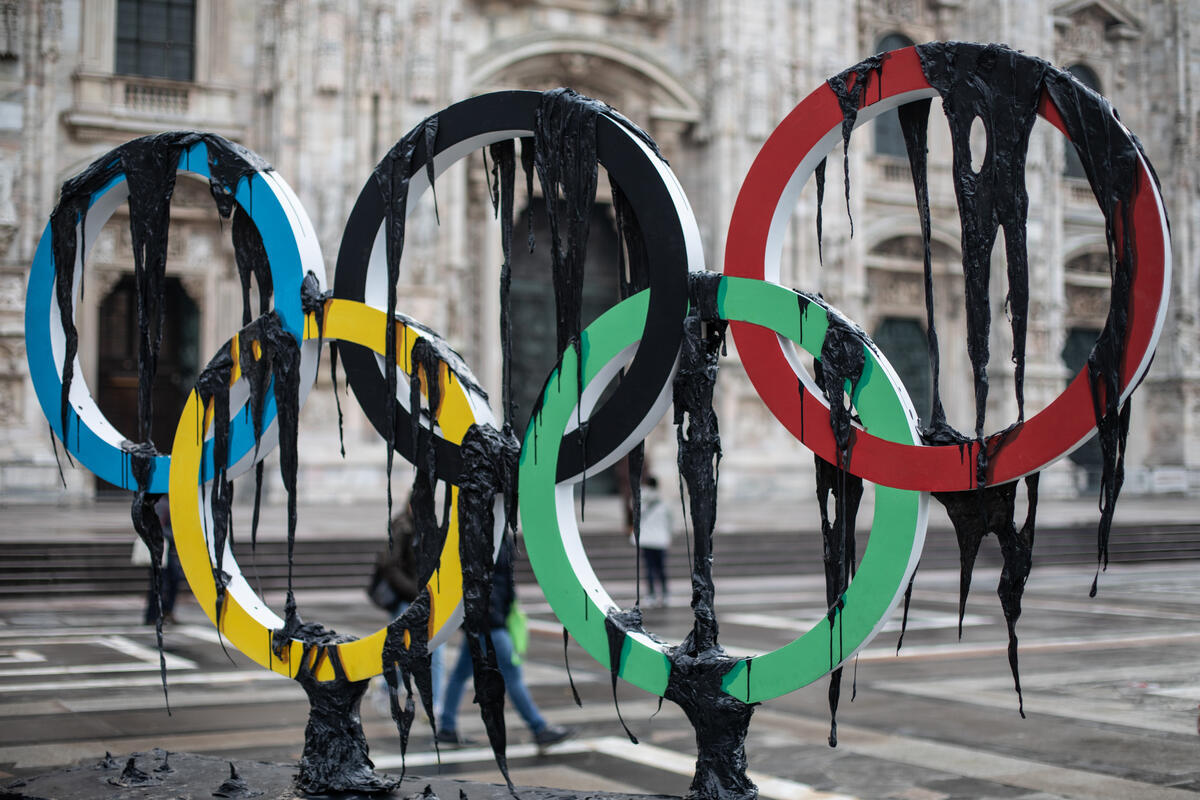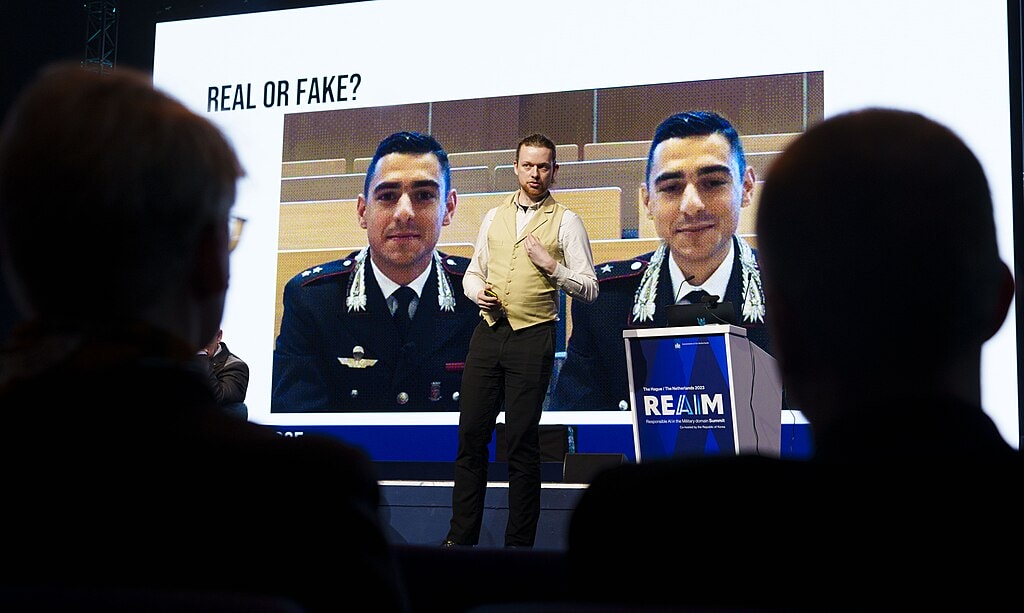When The Embrace of the Serpent was nominated for an Oscar many of us, Colombians, were proud before even watching the movie. We felt represented. Words of encouragement and admiration were directed from all angles at director Ciro Guerra for such an important achievement. I couldn´t wait for the movie to get to New York´s theaters; I had seen the trailer and I was craving the black and white beauty of the Amazon that had already been recognized with an Art Cinema Award at the 2015 Cannes Film Festival.
Very soon into the movie I felt uneasy. The world of The Embrace of the Serpent was foreign to me. I didn´t recognize myself, or my culture, in a single trait of what I was seeing and I was ashamed. As hard as I tried I couldn´t remember being taught about the tribes of the Amazon. I knew nothing about the subtlety of their language or the poetry of their beliefs and I had no recollection of the cruel details that surround their history. As the movie unfolded I tried to concentrate on the strength of the images and dialogue but all they awoke in me was disbelief: How was it possible that I knew nothing about this part of Colombian history? How could it be that I was seeing, for the first time, the story of one of the places that makes my country so special? Something as primordial as the history of our indigenous people was not part of my basic education.
Related article: “BEHIND THE LENS WITH MSP FILMS”
The scenes about the rubber massacre shocked me with trees that bled a white liquid for which indigenous people were tortured and murdered. I felt grief when I saw the scenes of the violent and cruel religious colonization that robbed them of their faith. I thought of the frivolity that hides behind our sense of pride; we phrase our luck for having the “lungs of the world” within our territory and we feel joy for having a Colombian movie nominated at the Oscars, but we cannot take ownership of what we don´t know. The Embrace of the Serpent did not represent me as a Colombian because the Amazon and the people that have suffered there have never been a part of my reality. I don´t deserve credit as a Colombian for the good things that come from the Amazon because, until now, I had been ignorant and indifferent about its history and reality.
In the photo: Ciro Guerra – Film Director – Photo credit: Juan Mauricio Pineros
Ciro Guerra´s movie is a magical invitation into a world that I was missing out on. The depth and magic of the dialogue made me feel sorry for all of the Colombians who, like me, were not influenced by the indigenous culture. Perhaps we would dream different and feel different if we had been taught about indigenous beliefs. Maybe we would have a special, better, relationship with our nature. Maybe we would care more deeply for our country and for our people if we knew the kind of hardship indigenous communities endure. Perhaps we would be better human beings.
For a full mindmap behind this article with articles, videos, and documents see #ColombiaDay
I am grateful to Ciro Guerra for representing the Indigenous communities of the Amazon because their history deserves awareness and recognition. I am thankful because his movie removed my attention from the drug related issues of our country and focused it into a matter that is just as important. Beyond the visual value of this film lies a story that makes us curious about our roots. We, Colombians, should listen to one of the indigenous characters when he says “Never forget who you are and where you come from. Don´t let your song die.”
Recommended reading: “THE BEAUTIFUL AND BIZARRE MEMORY LABS OF COLOMBIA”
_ _


